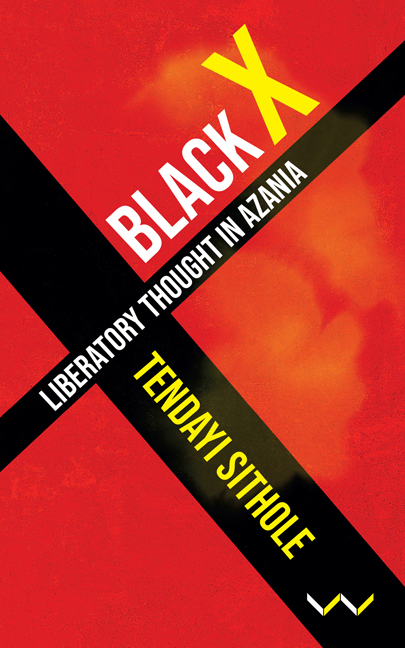3 - Steve Biko: The Matter of Ante-Marx(ism)
Published online by Cambridge University Press: 03 April 2024
Summary
There is a silent historical scandal whose record, archive and ledger book are marked by conquest.
What confronts Karl Marx and Marxism is the conquest of those who do not exist in the factory as workers, but who are in a world that dehumanizes them because they are racialized as black, and their humanity cannot be accounted for as it is perpetually questioned by the racist mechanics and machinations that underwrite conquest and its epochal intensification and elaboration. The scandal concerns those who are black-in-an-antiblack-world.
Conquest, as a matter of thought, is that problematic that continues to haunt the annals of Azanian existential tradition, which is rooted in manifest different, complex, expansive, parallel, interlocking, intersecting resistances that began with the colonial encounter and have continued right through its (un)folding(s) in various streams of antagonisms that still mark the contemporary. These antagonisms are also marked by what Marx(ism) disavows. Antiblackness, which underwrites the operating logics of Marx(ism), is what the Azanian existential tradition exposes, because conquest is the principal marker of this tradition, one that will never be erased by any form of fabrication, censure and ad hominem dismissal.
Marx(ism) does not account for the idea of conquest, and there is no reparatory inscription that can come through communism to remedy the pain and suffering inaugurated and perpetuated by the longue durée of this conquest. This was challenged, and is still challenged, by the Azanian existential tradition. This tradition gives primacy to the name Azania, as opposed to South Africa. It is a tradition that finds content and form in the philosophy of existence. Indeed, this tradition does not originate in or from Marx, nor does it find its content and expression in what came with, through, or after Marx – that is to say, Marxism (also a tradition of many registers, typologies, codes, canons, ideologies, philosophies, materialities, agendas, doctrines, strategies and inflections, depending on the context or events it is connected to, and generated by its originary inscription, which does not redress conquest since class is its fulcrum).
The Azanian existential tradition makes a call for reparations, and acts in the agitation of its articulation and actualization – that is, for a liberated Azania. But this is met with the dissimulation of conquest, and the idea of South Africa has been pushed to such an extent that even the colonial question is disentangled from conquest.
- Type
- Chapter
- Information
- Black XLiberatory Thought in Azania, pp. 69 - 104Publisher: Wits University PressPrint publication year: 2024

